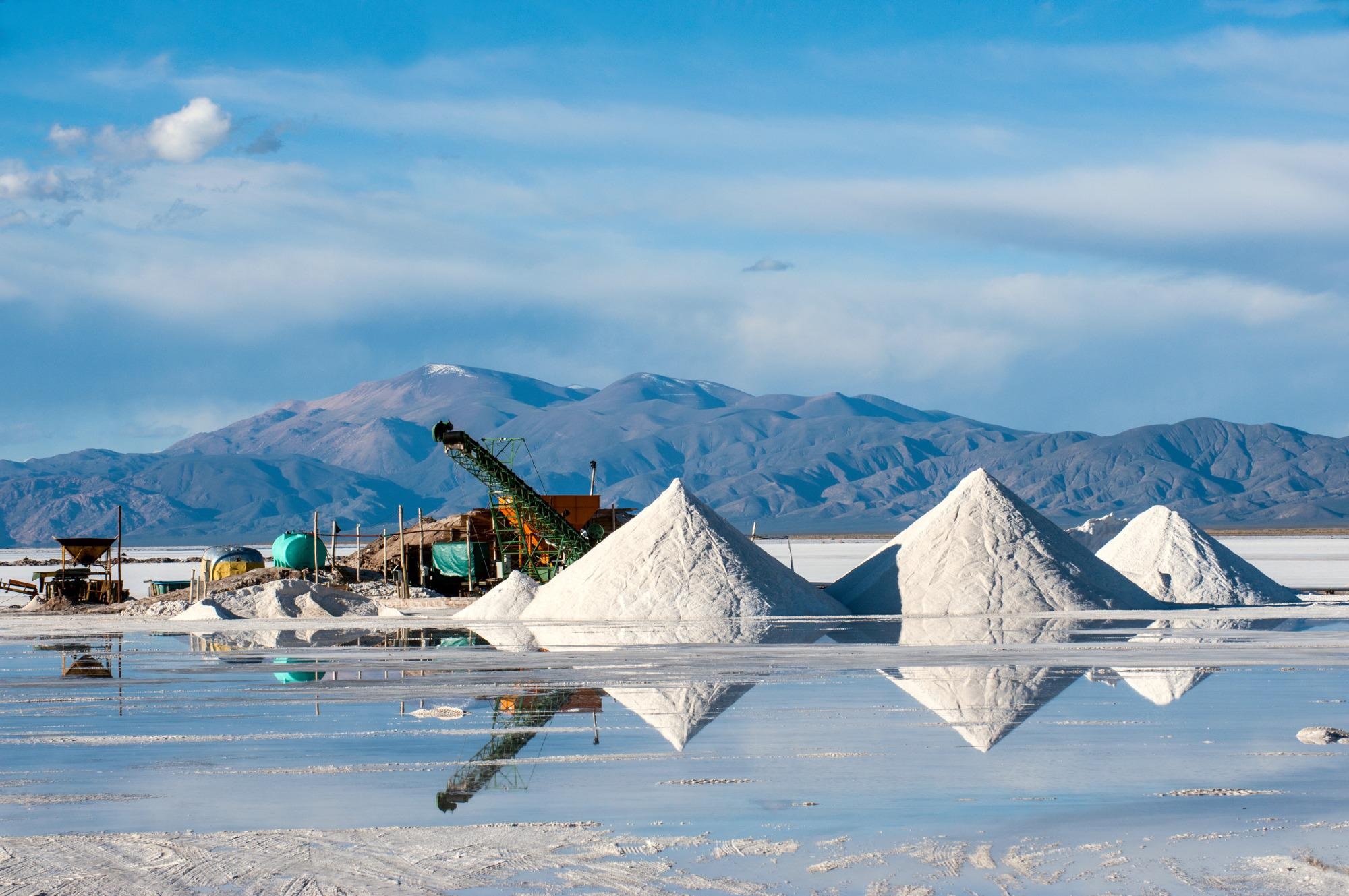Apr 8 2021
Alpha Lithium Corporation, which wholly owns one of the last huge, undeveloped salars at the Lithium Triangle in Argentina, reports that it has completed Phase 2 drilling at the Tolillar Salar.

Image Credit: Ksenia Ragozina/shutterstock.com
At present, Alpha Lithium is working on operations to complete these wells, and based on the Phase 2 success, it is now preparing the drilling pad and road to commence Phase 3 drilling.
Phase 2 included two production wellbores. The first one was drilled to 100 m and the second one to 350 m. Alpha Lithium experienced minor supply chain delays on both wells while waiting on production casing delivery, which has been resolved now.
Advanced logging equipment from Zelandez Services Argentina was used to log both wells. Zelandez employed Nuclear Magnetic Resonance (NMR) technologies, which are essentially used in oilfield services applications to offer accurate porosity and pore size distribution of the sediments.
These measurements are eventually used to estimate the formation permeability and offer estimates of hydraulic conductivity, both of which are crucial for Alpha Lithium’s independent engineering firm to complete a resource estimate.
At present, Alpha Lithium is planning to offer a NI 43-101 Resource Estimate as soon as Phase 3 drilling is completed.
Alpha Lithium chose to drill all holes as production wells versus core holes based on potential historic data from the Tolillar Salar.
Although core sampling can be drilled quicker, it does not lead to pumpable wells in which conventional aquifer tests can be achieved to obtain hydraulic parameters.
Core sampling offers lithological data that may require several months to analyze using the focus to just enhance the knowledge of reservoir characteristics like drainable porosity.
Production wells can start production instantly, can be logged to identify effective permeability and porosity, and can be flow-tested to identify the brine deliverability parameters and composite brine chemistry that are eventually required for lithium processing.
The focus of Alpha Lithium has always been on the main goal of achieving production as fast as possible, and thus the company decided to drill production wells and log them using NMR technology from Zelandez to offer data analogous to what would be offered by core testing.
This decision has led to wellbores that can produce while saving 30% of the total drilling cost and three to six months of analysis at the same time.
These methods are comparatively new to the lithium exploration industry. But the Alpha team is profoundly informed about the NMR technology that is used largely in the oil and gas industry to excellent effect.
According to Brad Nichol, President and CEO, “I am very excited that we have completed the second phase of drilling and to be so quickly moving onto the final stage. Technical discussions are underway with regards to additional drilling in Tolillar.”
As our focus from the beginning has been on bringing Tolillar into production as soon as possible, the timing of these wellbores coincides perfectly with Lilac Solutions testing to determine the viability of our brine chemistry with Lilac’s Direct Lithium Extraction offering.
Brad Nichol, President and CEO, Alpha Lithium Corporation
Contingent on the success of earlier phases, Alpha Lithium will move the drill rig to its Phase 3 location, where it will start drilling the deepest well of its three-phase campaign later this month.